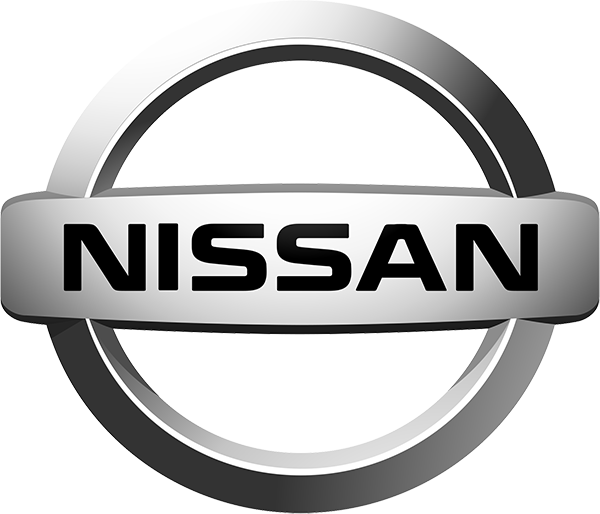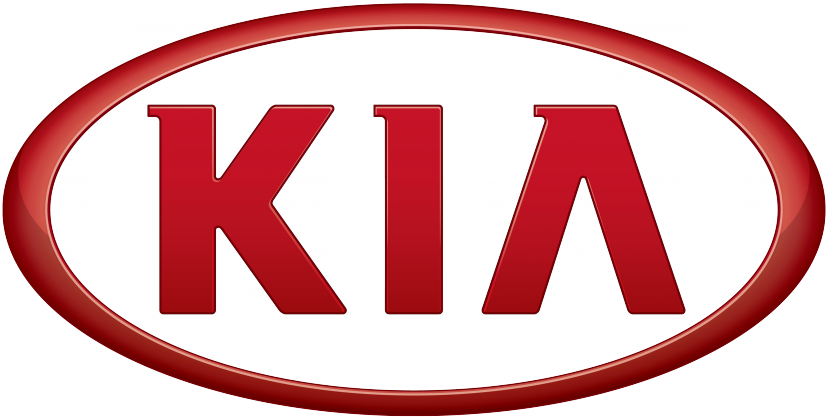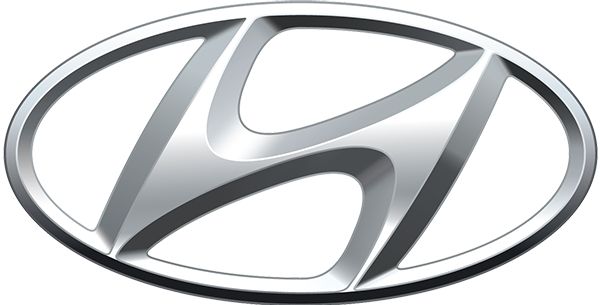
Auto insurance policies can be a tough nut to crack for high-risk drivers who have a rap sheet of traffic violations or at-fault accidents. However, the enigmatic realm of SR-22 filings in business auto insurance steps in to alleviate this predicament. The SR-22 Certificate is an arcane document that serves as tangible proof of a driver’s financial responsibility and adherence to the state’s minimum insurance requirements. Essentially, it acts as a safeguard employed by auto insurance companies to ensure that those with a proclivity for risk are adequately protected.
The inclusion of an SR-22 form in one’s records holds the potential to send shockwaves through one’s auto insurance premiums. Given that individuals with such filings are deemed high-risk entities, insurers often impose exorbitant rates as compensation for the augmented probability of unfortunate incidents transpiring. As such, business owners employing individuals who require an SR-22 Certificate must remain cognizant of this potentially calamitous impact on their insurance expenses. Grasping the significance of timely and compliant SR-22 filings empowers businesses to plan accordingly and preempt any unwelcome surprises when it comes time to navigate their auto insurance policies.
Understanding SR-22 Requirements for Business Auto Insurance

When it comes to business auto insurance, grasping the SR-22 requirement is absolutely vital. Auto insurance companies often impose these perplexing SR-22 filings as a prerequisite for coverage, particularly if the business has a history of traffic violations, license suspensions, or DUI convictions. This peculiar requirement serves as tangible proof of insurance coverage to the state’s Department of Motor Vehicles, ensuring that the business is adhering to the bare minimum coverage requirements. However, it’s essential to note that an SR-22 filing does not guarantee lower insurance premiums; quite on the contrary, businesses should brace themselves for an additional filing fee tacked onto their already burdensome insurance costs.
To fulfill this enigmatic SR-22 requirement, businesses must promptly reach out to their trusty insurance provider and set in motion a somewhat convoluted process. The inscrutable insurer will then proceed with filing all the necessary paperwork with the state’s DMV office – essentially waving a flag indicating that, yes, indeed, this bewildered business possesses the requisite auto insurance policy. This curious SR-22 filing shall remain firmly entrenched for an indeterminate period that typically spans three years. Throughout this rather mystifying timeframe, any lapses or cancellations pertaining to said insurance policy will be dutifully reported back to those bureaucratic overlords at the DMV – leaving these hapless businesses vulnerable to potential license suspensions and sundry other penalties. Moreover (and here’s where things get even more confounding), it behooves one to mention that even if a business doesn’t actually own any vehicles but frequently rents or utilizes company-owned cars instead – well, guess what? They may still find themselves needing non-owner car insurance along with yet another perplexing SR-22 filing just so they can adequately cover any liabilities lurking within their tangled web of operations.
Thus (and forgive me for belaboring this point), truly comprehending how these vexatious SR-22 requirements impact insurance rates and coverage is an absolute necessity for any self-respecting business. After all, they must scrupulously abide by their legal obligations while simultaneously striving to maintain a financially secure position – lest the convoluted web of auto insurance leaves them gasping for coherence in its wake.
How SR-22 Filings Affect Business Auto Insurance Premiums

The impact of SR-22 filings on business auto insurance premiums is quite significant, leaving many perplexed by the sudden burst in costs. When an insurance carrier receives notification of an SR-22 requirement, it immediately perceives the insured as a high-risk entity, resulting in an inevitable surge in premiums. This surge stems from the fact that SR-22 policies typically entail higher liability coverage compared to standard non-SR-22 policies.
Insurance carriers employ various factors to meticulously calculate auto insurance rates, with the primary focus being assessing the risk level associated with each insured party. Given that an SR-22 filing necessitates additional liability coverage, it inherently amplifies the risk factor and subsequently escalates premiums. When businesses in search of insurance quotes for SR-22 filings embark on their quest, they often encounter a disconcerting truth: only a limited number of insurers provide coverage for these specific needs. This restricted selection of options can add an extra layer of constraint to businesses, potentially leading to higher premium rates. Consequently, it’s crucial for businesses to prepare for potential premium increases as they navigate the procurement of affordable SR-22 insurance. In such circumstances, opting for seasoned insurance companies such as Insurance Navy Brokers can serve as a prudent choice, helping businesses proactively avert potential crises.
Moreover, it is imperative to consider that the type of coverage mandated within an SR-22 filing directly affects auto insurance premiums. While these filings may merely dictate minimum requirements specified by state regulations, insurers ardently advise businesses to opt for comprehensive insurance coverage instead. By embracing comprehensive coverage alongside liability insurance, businesses can ensure ample protection against accidents, thefts, or vehicle damage, mitigating their risks and ultimately influencing the premium rates established by insurers.
Common Misconceptions About SR-22 Filings in Business Auto Insurance
There is a commonly held misconception in business auto insurance regarding SR-22 filings, wherein individuals falsely perceive it as an independent form of insurance. However, this fallacy is far from reality. In truth, SR-22 car insurance does not manifest as a distinct breed of insurance policy but rather assumes the guise of a mere document that substantiates one’s possession of auto insurance. Its existence arises due to specific states mandating its procurement for those individuals who have committed traffic transgressions such as driving sans any form of insurance or accumulating multiple traffic tickets. The SR-22 filing essentially functions as tangible evidence signifying an individual’s adherence to their state’s requisite coverage obligations.
Another misconstrued notion surrounding SR-22 filings revolves around the belief that it represents a solitary obligation imposed upon offenders. Yet again, this assumption proves erroneous and fails to acknowledge the variability inherent within these requirements across different states and offenses perpetrated. Predominantly, these filings necessitate compliance over extended periods, typically spanning between three to five years, contingent on jurisdictional disparities and the nature of infractions committed by delinquents. Throughout this mandated duration, it becomes crucial for affected parties to consistently maintain adequate coverage satisfying at least the minimum liability prerequisites established by their respective state authorities; failure to do so may result in suspension or revocation of driving privileges altogether. It merits emphasis that the very act of acquiring an SR-22 filing itself neither bestows nor augments coverage provisions nor engenders alterations in liability limits; fundamentally, it serves merely as proof attesting conformity with prevailing stipulations dictated by state-mandated auto insurance requisites.
The Process of Obtaining an SR-22 for Business Auto Insurance
Acquiring an SR-22 for business auto insurance can be a perplexing journey, filled with bursts of complexity and uncertainty. However, ensuring compliance and upholding your coverage is an indispensable task. The initial stride entails reaching out to your esteemed auto insurance provider or trusted insurance agency to apprise them of your imperative requirement for an SR-22. They will adeptly navigate you through the intricate labyrinth of mandatory procedures and requisite paperwork.
Upon informing your insurance provider, they shall embark on the arduous voyage of either filing the formidable SR-22 form on your behalf or providing comprehensive instructions elucidating how you must personally submit it to the appropriate governing bodies. It is vital to bear in mind that these SR-22 filings are not dispensed gratuitously; a pecuniary toll may be exacted from you in exchange for the privilege of having this pivotal document meticulously preserved in official records. The precise cost affiliated with SR-22 filings tends to oscillate but anticipatively hovers around an average range spanning from $25 all the way up to $50, coupled with any supplementary charges levied by your chosen auto insurance purveyor. Furthermore, do take cognizance that this expenditure might tangibly impact both your monthly premium as well as annual insurance rate; thus, prudent planning becomes paramount when navigating these treacherous financial waters.
How SR-22 Filings Can Impact Business Auto Insurance Coverage

SR-22 filings, a mandatory insurance requirement for businesses considered high-risk drivers or those with certain driving offenses, have a perplexing and bursty effect on business auto insurance coverage. These filings serve as proof to the state that a business has met the minimum liability insurance requirements mandated by law. Without this perplexing form, businesses may face penalties such as fines, suspended licenses, or even the loss of their ability to operate vehicles.
The burstiness of SR-22 filings becomes evident in the impact they have on business auto insurance premiums. Insurance companies deem these businesses more likely to file claims due to their high-risk nature and, therefore, charge significantly higher premiums compared to regular car insurance rates. This sudden increase in premiums can strain a business’s financial resources unexpectedly if they are unprepared for the additional fee associated with mandatory SR-22 filing. Hence, it is crucial for businesses to comprehend how SR-22 filings affect their insurance options and collaborate closely with knowledgeable insurance professionals to secure optimal coverage at affordable rates.
Factors That Determine the Need for an SR-22 in Business Auto Insurance
The perplexing quandary of whether an SR-22 is warranted in business auto insurance hinges upon many enigmatic factors intricately entwined with an individual’s idiosyncratic driving comportment and historical proclivities. The paramount consideration lies within the realm of safe driving, as it stands as one of the primary determinants in discerning the imperative need for an SR-22 filing. Nevertheless, should an individual find themselves ensnared by a plethora of transgressions on the open road – be it speeding infractions or ignominious DUI convictions – then verily, the probability of necessitating an SR-22 surges exponentially. Even a solitary additional instance wherein imprudent or belligerent conduct is evinced behind the wheel can incite dire consequences that culminate in compelling compliance with an SR-22 filing.
The formidable prerogative to mandate such a filing typically rests within the purview of esteemed institutions such as the Department of Motor Vehicles or the Department of Transportation. These august entities meticulously scrutinize every nook and cranny within an individual’s motoring chronicle and catalog their odious violations when assessing whether said person merits submission to the exigencies imposed by acquiring an SR-22. They judiciously consider not only magnitude but also frequency; they gauge not merely severity but persistence when appraising these transgressions against societal norms. Once it has been firmly established that succumbing to this onus is unavoidable, individuals must then navigate through labyrinthine corridors fraught with convoluted bureaucratic procedures associated with securing essential documentation and procuring requisite forms – thus imbuing this process with complexity and consuming vast amounts of temporal resources at hand.
Conclusion
In conclusion, the role of SR-22 in business auto insurance is a critical consideration for companies with drivers who require this form of financial responsibility filing. SR-22 represents a legal obligation often triggered by a driver’s history of violations or accidents. While it primarily applies to individual drivers, it can indirectly affect a business’s insurance policies if employees with SR-22 requirements operate company vehicles.
Managing this aspect involves diligent oversight, as it may lead to increased premiums or policy restrictions. To maintain optimal business auto insurance, it’s imperative for companies to address SR-22 situations comprehensively, incorporating them into their risk management and insurance strategies, ensuring that coverage remains tailored to their operational needs while effectively managing associated compliance obligations and financial implications.

















